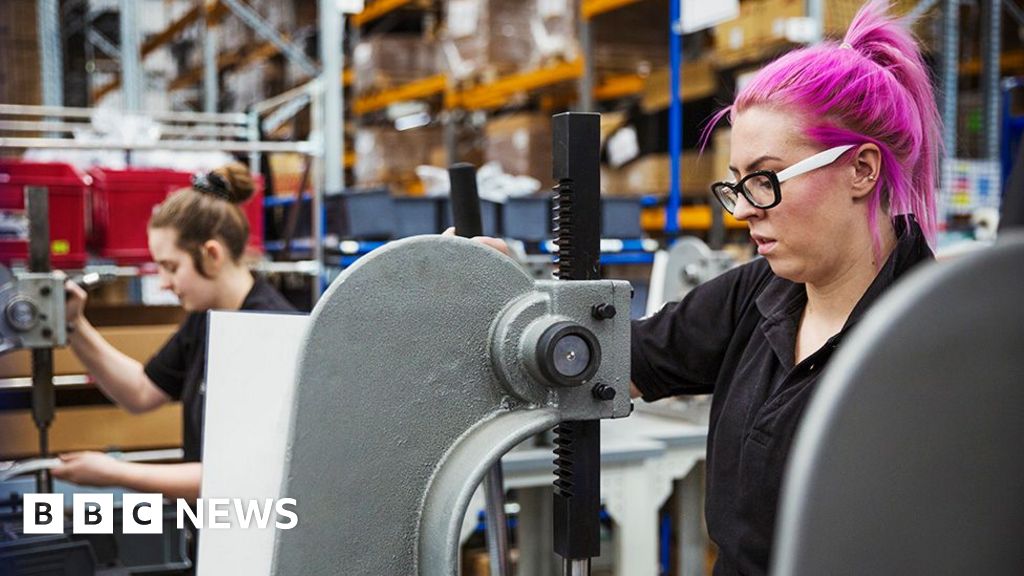How much the economy grows is a key factor limiting what the government will be able to do over the course of the parliament.
If growth is strong, tax revenues are likely to increase, meaning there is more to spend on public services, or on reducing taxes, and to pay the interest on government borrowing. If growth is weak, the government is likely to have to cut back on what it would like to do.
Reeves said while there would be no return to austerity, there would “still be hard decisions to come”.
But she said the OBR believed Labour’s plans would have a positive impact on the “supply capacity of the economy” or its ability to grow.
The government bases its policy plans on the forecast of the OBR. However, economic forecasting is not an exact science.
Predictions can be affected by a huge range of factors including geopolitical risk, global energy prices, and events in the world’s other large economies. Small changes in any of these factors can have an impact on the path of UK growth.
Reeves said she would “catalyse £70bn of investment” in the UK through a new National Wealth fund, transform planning rules to “get Britain building”.
She said she would work with devolved governments in Wales, Scotland and Northern Ireland, as well as regional mayors, to boost local and regional growth plans.
Credit: Source link











